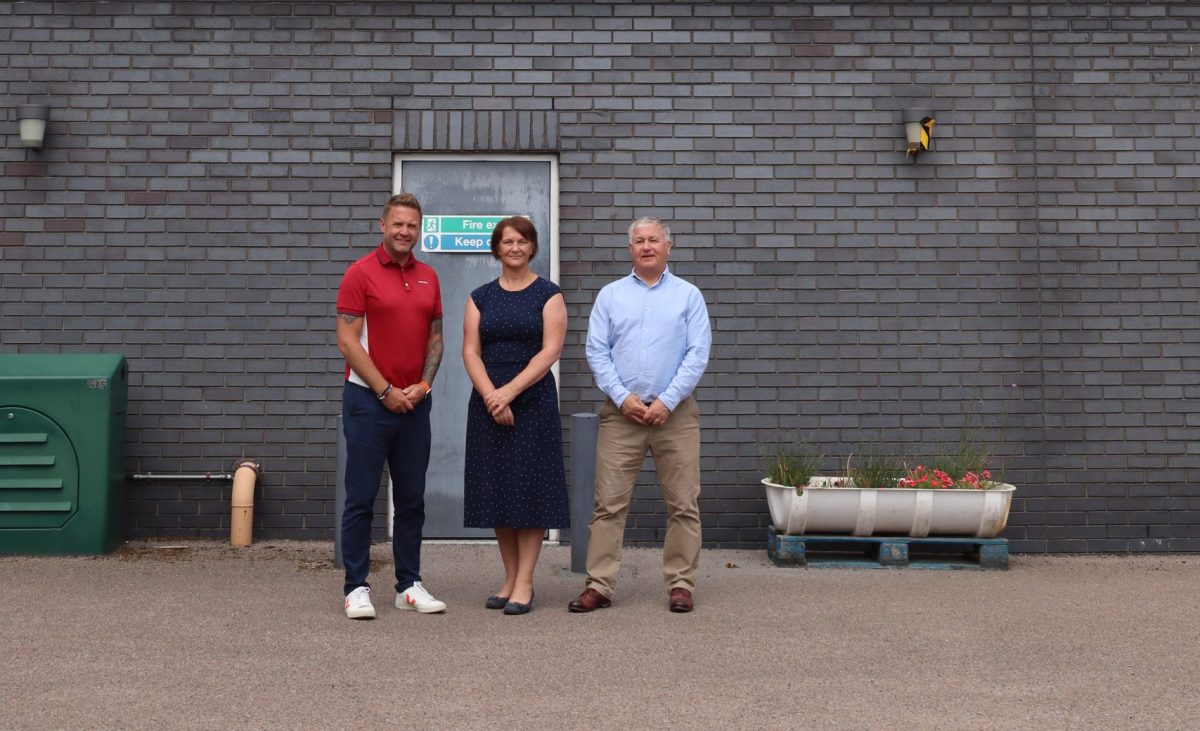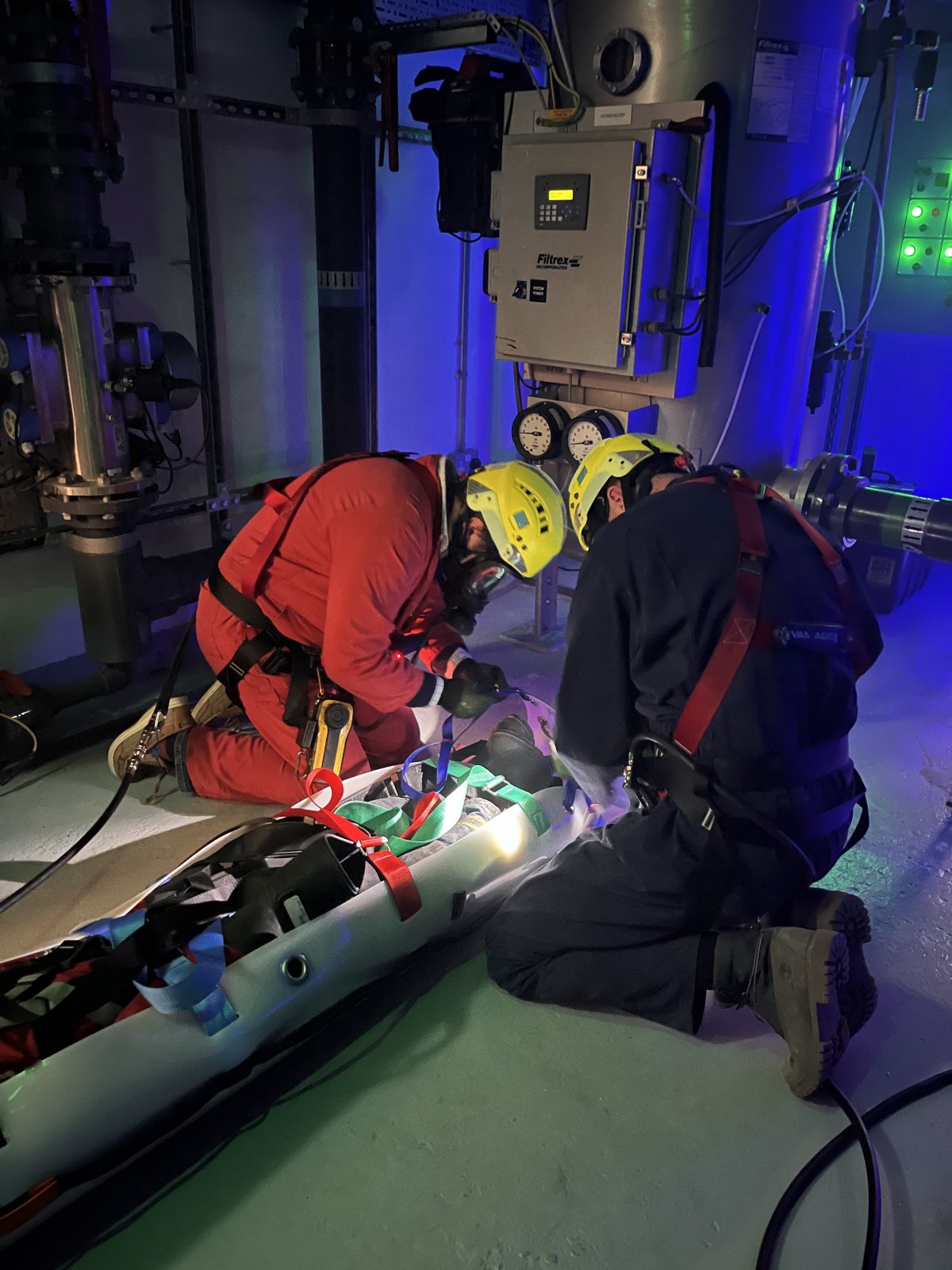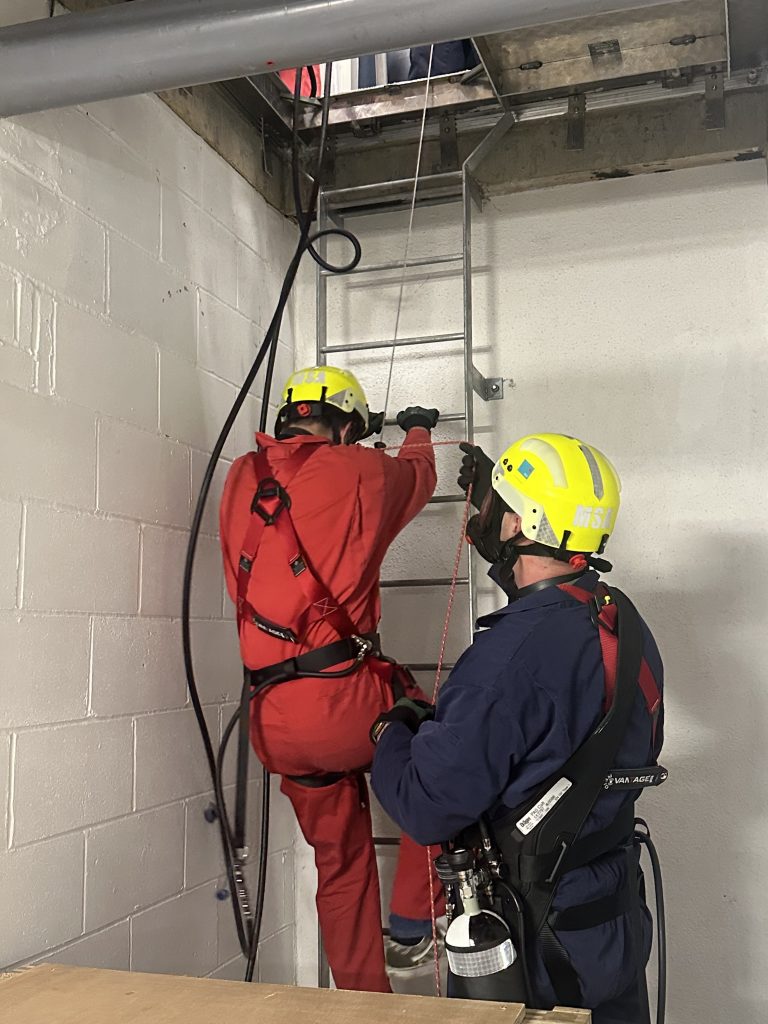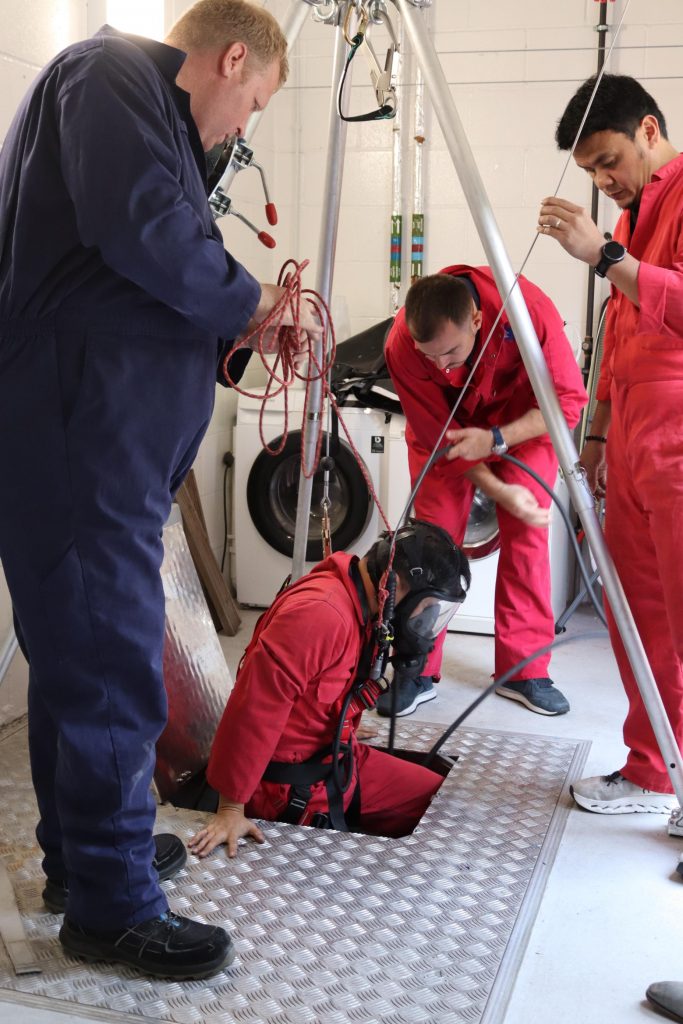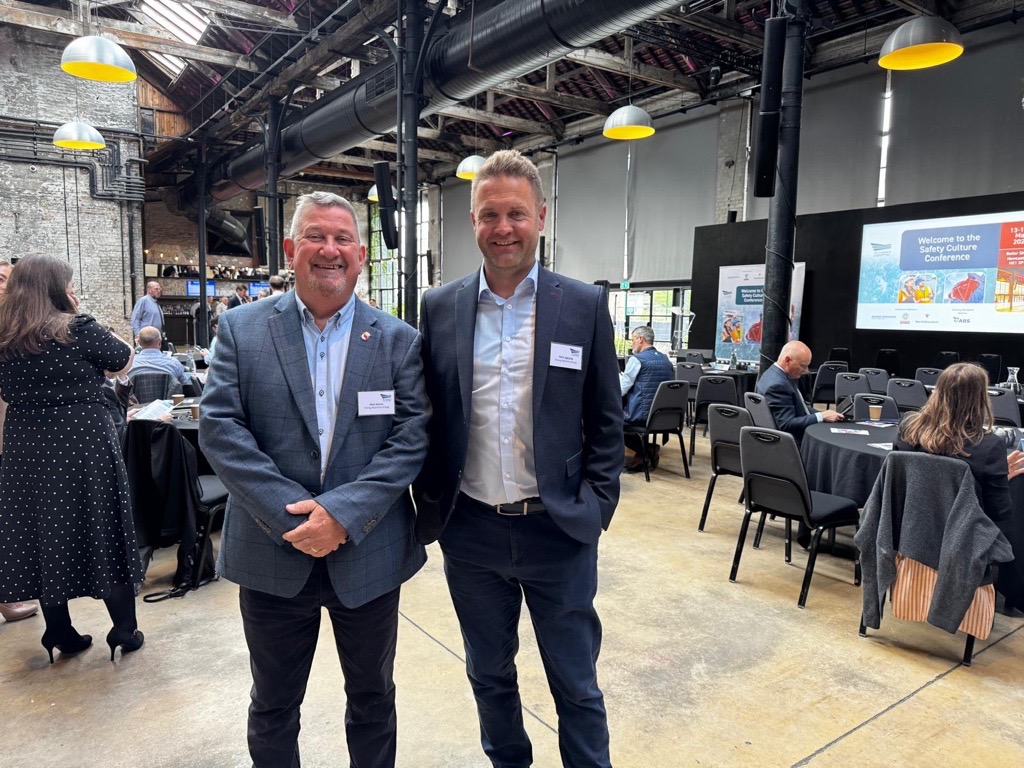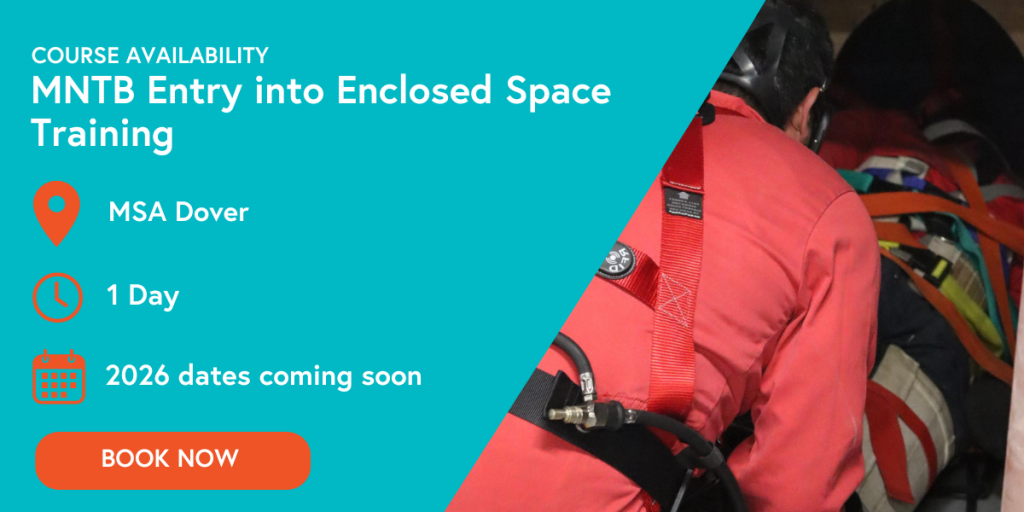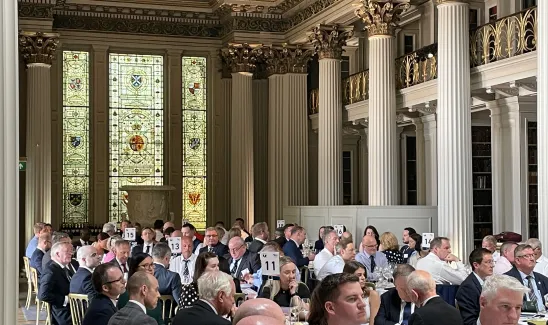The Maritime Skills Academy (MSA), a leading provider of maritime training and simulation, is proud to announce a new strategic partnership with BZ Maritime Leadership, specialists in developing leadership and human capabilities in the maritime sector. This collaboration will provide high-impact leadership training programmes tailored specifically for maritime professionals worldwide.
BZ Maritime Leadership and MSA mission
With a shared vision of raising standards across the industry, the MSA and BZ Maritime Leadership are combining their expertise to offer a unique suite of courses that focus on enhancing leadership and human capability development capabilities at sea and ashore. The training will cover critical areas, including emotional intelligence, decision-making, team management, crisis leadership, and communication, all tailored to the unique demands of the maritime environment.
Mark Jaenicke, Operations Director at the MSA, said:
“Strong leadership is key to staying safe and working efficiently at sea. Teaming up with BZ Maritime Leadership means we can offer powerful training that builds confidence in people and help organisations succeed in today’s challenging maritime world.”
Karl Santrian, Co-Founder of BZ Maritime Leadership, added:
“BZ Maritime Leadership are delighted to be teaming up with the MSA as together we recognise that leadership effects every activity and outcome onboard. Our joint programmes will elevate leadership and human capabilities with the aim of inspiring a culture of excellence in maritime safety and operations. Focused on practicality and the unique nature of leadership and teamwork at sea, the training will have an enduring impact that will provide a great return on investment.”
Training will be available in-person, onboard, online or blended to accommodate the diverse needs of our global maritime clients. This partnership strengthens both organisations’ commitment to safety, performance, and continuous development in the maritime sector.
For more information about the Maritime Leadership Training programmes, visit our Leadership Training Page.
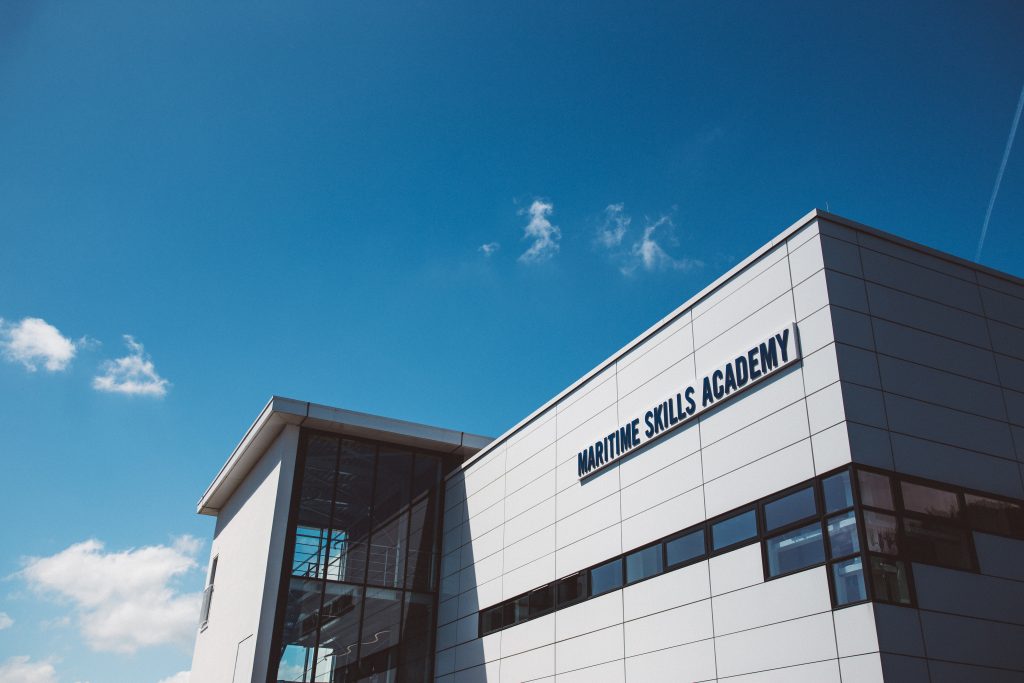
The Maritime Skills Academy, part of Viking Maritime Group, has been a maritime leader in STCW training since 2016, providing delegates near and far with the necessary training to work at sea.
With training centres in Dover, Portsmouth, and Gibraltar, they offer flag state-recognised courses to over 5,000 delegates annually.
BZ Maritime Leadership specialise in maritime consultancy, leadership development, and human capability training and support. The founders, who had successful careers as officers in the British Royal Navy, also have extensive experience delivering Leadership and Human Capability training in the maritime domain including shipping, cruise, and superyacht sectors.
All of BZ’s Training Consultants are former maritime leaders, hold high level professional qualifications, and have considerable expertise in delivering maritime leadership training.
